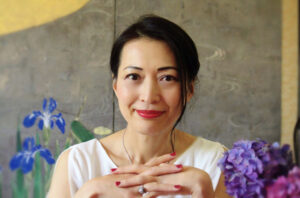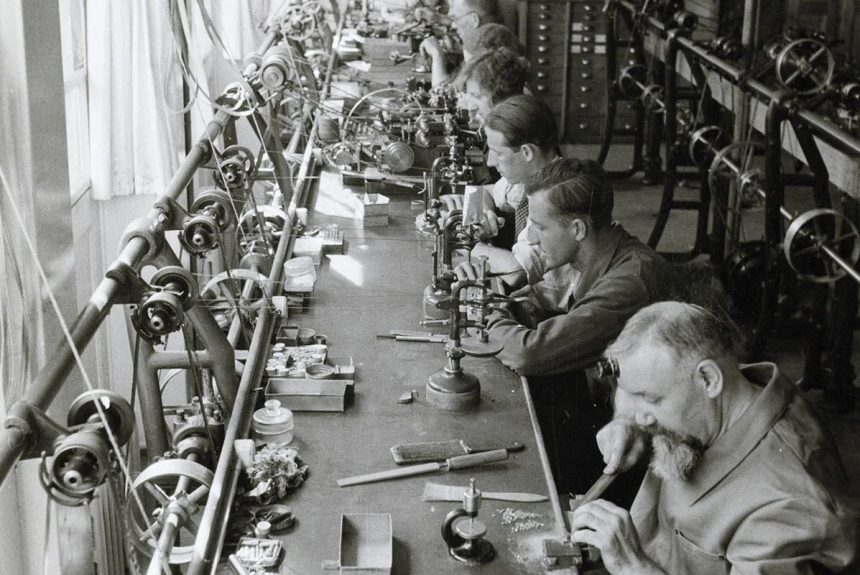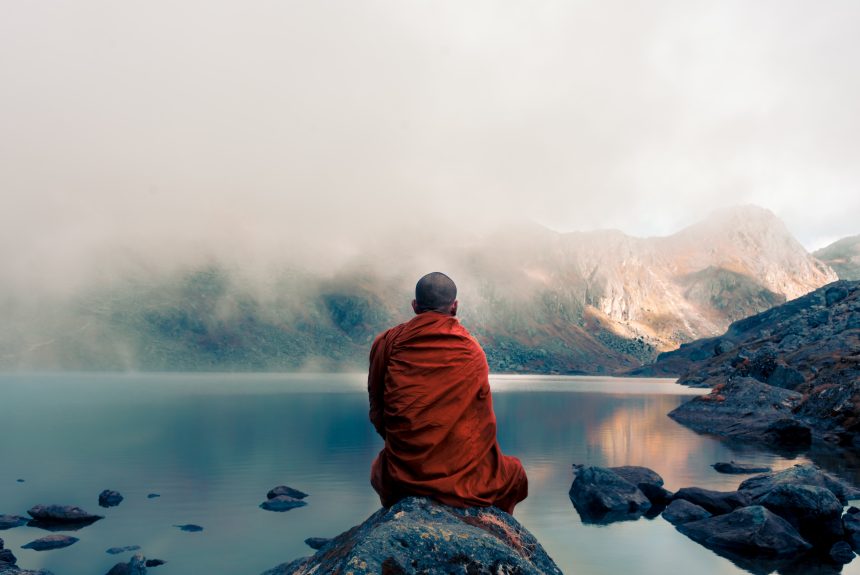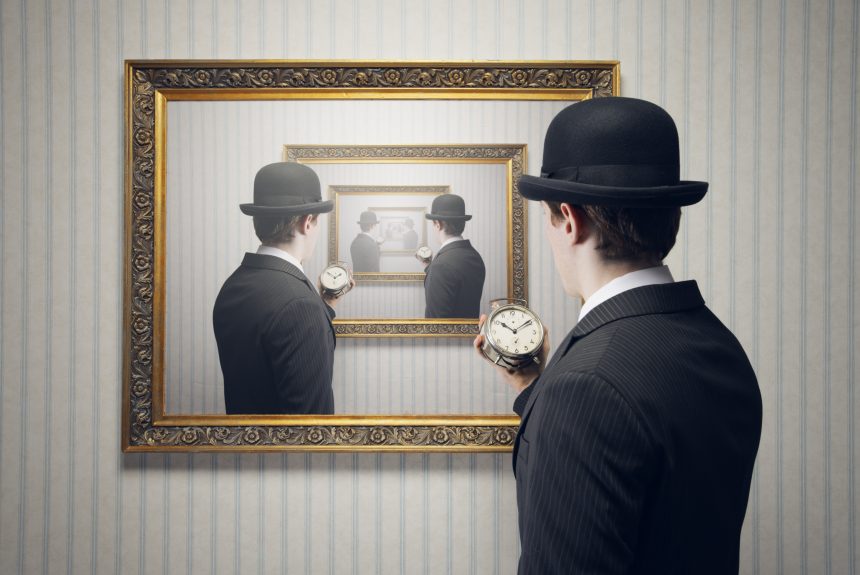Japan’s period of isolation holds immense importance in shaping global culture. During the centuries of self-imposed seclusion, from the 17th to the 19th century, the Edo 江戸 period, Japan’s isolation allowed for the preservation and development of unique cultural practices, arts, and traditions. This period not only fostered a profound sense of national identity but also led to the emergence of artistic and philosophical movements that would have a lasting impact on the world. Japan’s closed country policy facilitated the preservation of traditional arts such as ukiyo-e, tea ceremonies, kabuki theatre, and martial arts, which later captivated and influenced artists, intellectuals, and scholars from around the globe. Moreover, Japan’s eventual opening to the world after the Meiji Restoration enabled a dynamic cultural exchange, where Japan’s art, literature, fashion, cuisine, and Zen philosophy began to captivate and shape global sensibilities. The influence of Japan’s isolation reverberates through time, enhancing cultural diversity and fostering a deeper appreciation for the richness and interconnectedness of global culture. This talk will explore the legacy of the period of isolation in Japan and its impact on the global cultural landscape.
Please, note:
- the total duration of the event is 1h: 50mins lecture and 10mins Q&A
- the talk doesn’t require any prior training and anyone can join
- This event will be recorded: the video will be available in 3-5 days after the talk
- Guests can access all videos at a small fee; videos for members are free of charge
- if you wish to become a member – please, learn about our membership plans
Sorry, this event has ended.
You can purchase the access to the video below.
Alternatively, please Become a Member
and enjoy all videos free of charge.
To register for new events, please, check our Schedule.


SPEAKER – AZUMI UCHITANI
Azumi Uchitani is an Intercultural business consultant, keynote speaker, writer, artist and founder of Japanese SALON art & culture, based in the Netherlands. She is a two-times TEDx speaker, appearing Dutch TV and media and delivering talks to an international audience in Europe and in the US. Azumi is on a mission to build an essential bridge between Japan and Europe, helping global leaders discover Japanese ancient wisdom beyond culture, teaching how to apply its wisdom in everyday life, act with inner peace and create conscious leadership and fulfilling life. Azumi decodes the complexity of Japanese culture, tradition, philosophy, spirituality and unspoken rules into a simple essence of wisdom. She was born into a traditional spiritual Japanese family and raised with the teachings of Shingon Buddhism and Shinto. The spiritual and cultural practices, such as tea ceremony, flower arrangement, calligraphy have always been a part of her life, besides that, her grandmother was a kimono maker. Her insights, a series of talks are available on her YouTube channel ‘5 minutes on Japanese Wisdom’ on YouTube.
http://www.azumiuchitani.com





Leave a Reply